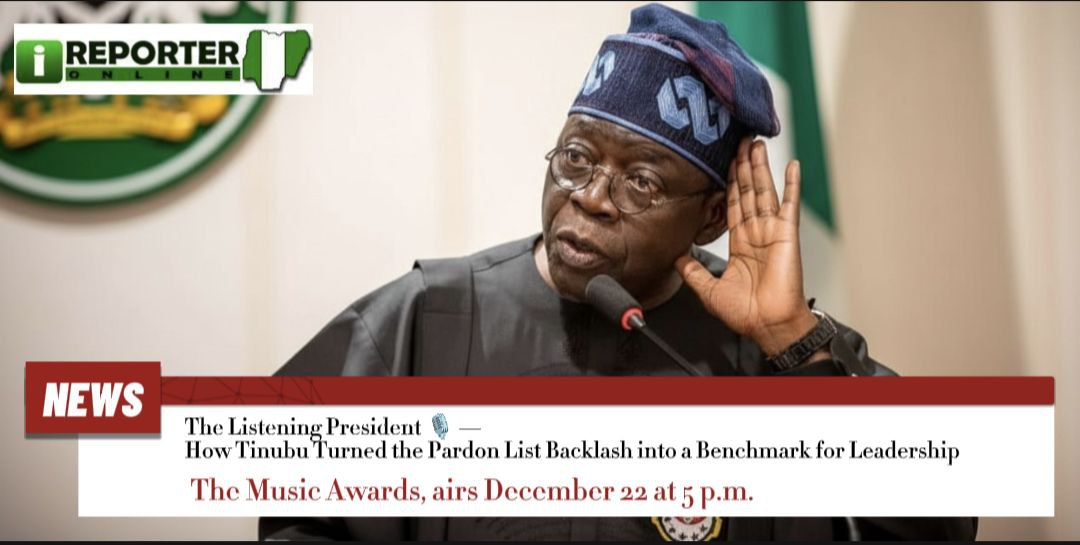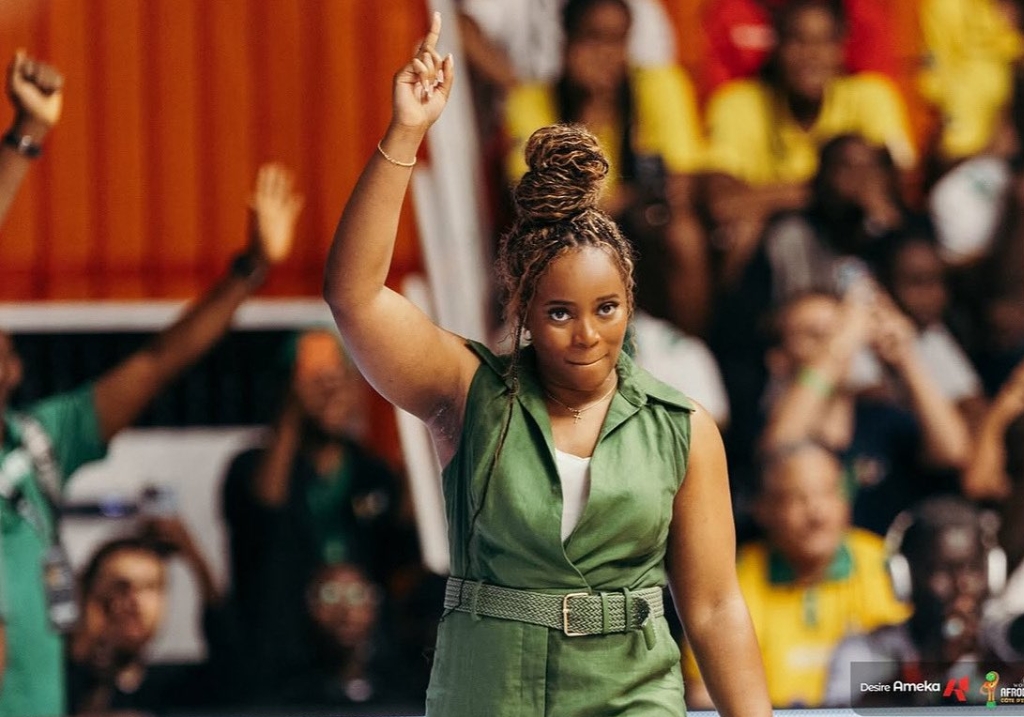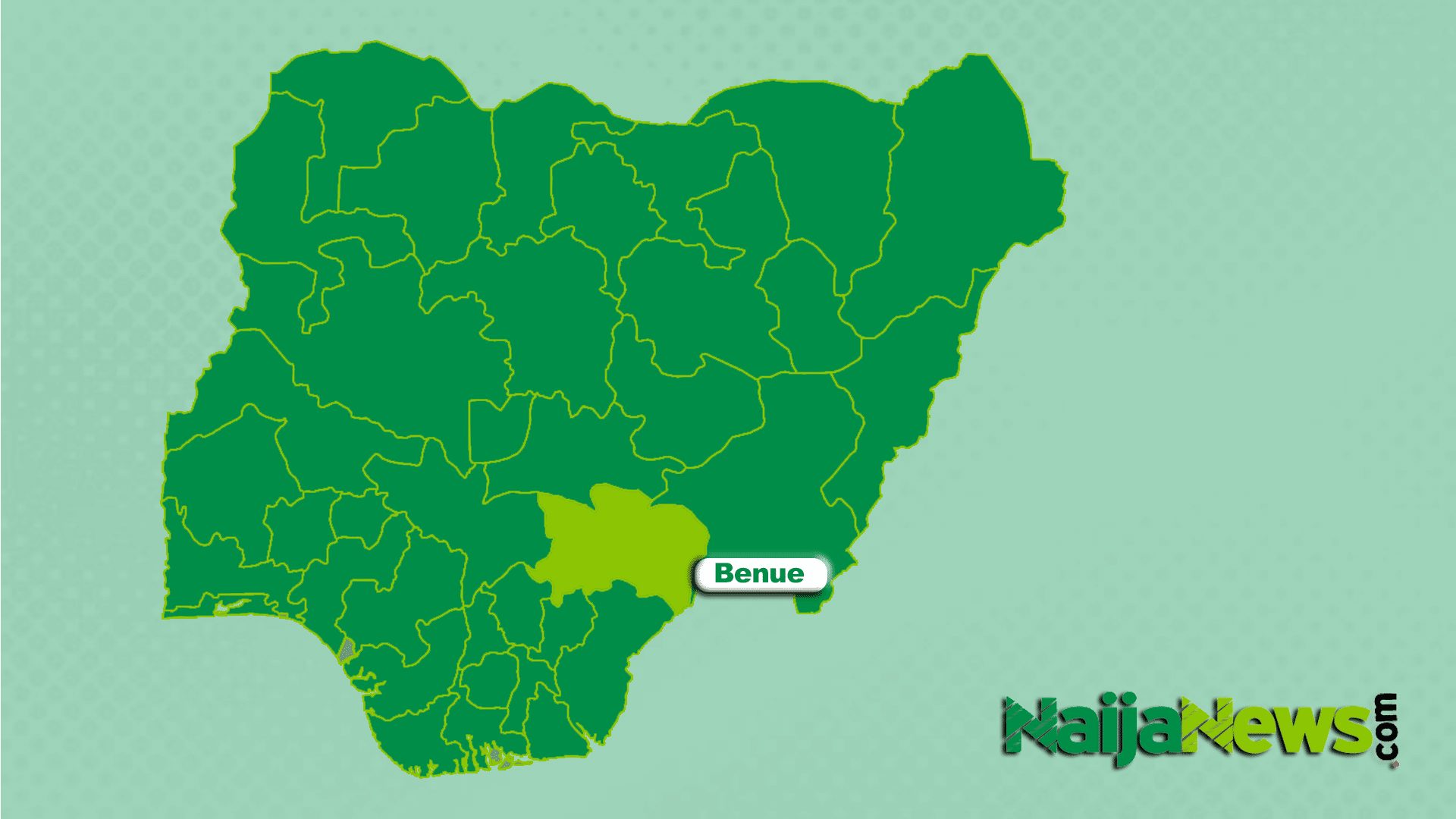latest
The Listening President — How Tinubu Turned the Pardon List Backlash into a Benchmark for Leadership

The Listening President ️ — How Tinubu Turned the Pardon List Backlash into a Benchmark for Leadership
There is a moment in every democracy when a leader faces a mirror: hears the anger, reads the headlines, senses the churn. That moment is not always comfortable. But when a leader listens — when he recalibrates in sight of public sentiment — it becomes a moment of hope. That is exactly what we saw when President Bola Ahmed Tinubu reconsidered his earlier pardon list and acted on the backlash.....KINDLY READ THE FULL STORY HERE▶
Let’s be frank — the very essence of a presidential pardon involves criminals. You can’t pardon saints. These are men and women who, at one point, broke the law and faced justice. So, naturally, any such list will feature individuals convicted of serious offences. And here’s the truth many overlook: nobody appears on that list by accident. It is usually those who have someone — a religious body, community leader, traditional ruler, political ally or advocacy group — fighting for their clemency that get heard. Mercy petitions are rarely spontaneous; they are lobbied, documented, and defended. Some come through institutional recommendations, others through humanitarian pleas, and a few through political channels. That is the complex reality behind every “pardon list.”
So when the earlier list of 175 names was released — featuring people convicted of crimes like kidnapping, trafficking, and unlawful possession of arms — Nigerians naturally cried out. The optics were bad. The process seemed opaque. Questions filled the air: Who prepared this? What criteria were used? The outrage was legitimate — because mercy must not mock justice.
And then came the turnaround.
Instead of brushing off public anger or hiding behind bureaucracy, Tinubu’s administration did something remarkable: it listened. The Presidency recalled the list, reviewed it through the Advisory Committee on the Prerogative of Mercy, and released a refined version with the most controversial names struck out. Even more, oversight was tightened — moving the process squarely under the Ministry of Justice to prevent future excesses.
That single act of correction is not weakness — it’s responsiveness.
Leadership is not about pretending to be flawless; it’s about being flexible enough to improve. For Tinubu to revisit a sensitive decision under public pressure shows empathy, maturity, and a deep understanding of democratic accountability.
Let’s remember: the power of pardon under Section 175 of the 1999 Constitution doesn’t operate in isolation. The president acts based on layered recommendations — from committees, the Ministry of Justice, and sometimes the Council of State. Meaning, some names slip in through multiple hands before reaching the Villa. But what matters most is not how errors enter the system; it’s how leadership responds when they’re revealed.
By trimming the list and removing those whose crimes carry heavy social and security implications, the president signalled that mercy should be tempered with wisdom. It was a balance between justice and compassion — and that balance is the essence of governance.
In truth, this is what Nigerians should focus on: not just the outrage that forced the correction, but the humility that allowed it. Every democracy thrives when leaders can hear the pulse of the people — and adjust their stride. It’s not common in our political space for a president to publicly amend a decision after criticism; that act alone deserves recognition.
Of course, cynics will still scoff — calling it “damage control.” But even if it is, isn’t accountable damage control far better than stubborn indifference? Would we rather have leaders who never correct themselves?
So, yes, we must always hold our leaders accountable, but we must also give credit where it’s due. Tinubu’s reconsideration of the pardon list is not merely a procedural tweak — it’s a reminder that power can still listen.
Because when leadership listens, democracy breathes.
When people speak, and government adjusts — hope survives.
And that, right there, is the heartbeat of the Renewed Hope Agenda.
By Osigwe Omo-Ikirodah
Bush Radio Academy, inspired by Osigwe Omo-Ikirodah, is a grassroots-driven institution focused on empowering individuals through storytelling, citizen journalism, and innovative communication tools to amplify overlooked voices.
latest
D’Tigress Coach Rena Wakama Set to Make U.S. Basketball History with Hive BC.

According to reports, Rena Wakama, head coach of Nigeria’s D’Tigress, has been appointed as the new head coach of Hive BC ahead of the 2025–2026 season of the Unrivalled Basketball League in the United States.....KINDLY READ THE FULL STORY HERE▶
The Unrivalled League, co-founded in 2023 by WNBA stars Breanna Stewart and Napheesa Collier, launched its inaugural season in January 2025 with six teams and is set to expand to eight franchises for its second campaign in January 2026.
Wakama’s appointment was officially announced on Thursday when the league unveiled the full roster of head coaches for the upcoming season. She will join seven other coaches guiding teams in the league’s sophomore year.
“Rena Wakama will lead Hive BC in the team’s Unrivalled debut after serving as an assistant coach for the Chicago Sky,” the league stated. “She also serves as head coach of the Nigerian Women’s National Team and made history in 2024 when D’Tigress became the first African team, men’s or women’s, to reach the Olympic quarterfinals.”
At 32 years old, Wakama has achieved a remarkable rise in her coaching career. She led D’Tigress to consecutive FIBA Women’s AfroBasket titles in 2023 and 2025, becoming the first female head coach to win the tournament. Under her guidance, Nigeria also reached the quarterfinals at the 2024 Paris Olympics.
“Since taking over as head coach in June 2023, she secured her first Women’s AfroBasket title in August 2023 and followed it with another in 2025,” the league added.
Before her national team success, Wakama served as an assistant coach at Tulane University and Stony Brook University. She began her coaching journey at Manhattan College, initially as director of basketball operations before being promoted to assistant coach. Her playing career at Western Carolina University laid the foundation for her transition into coaching.
Wakama now joins an accomplished cadre of coaches in the Unrivalled League, including Noelle Quinn (Breeze BC), Andrew Wade (Laces BC), DJ Sackmann (Lunar Owls BC), Zach O’Brien (Mist BC), Roneeka Hodges (Phantom BC), defending champion Nola Henry (Rose BC), and Teresa Weatherspoon (Vinyl BC).
latest
Benue Government Closes Mortuary After Lassa Fever Body Dump Sparks Panic.

Benue State authorities have closed a privately-owned mortuary in Ugbokolo, Okpokwu Local Government Area, following an incident involving the improper handling of a Lassa fever patient’s remains.....KINDLY READ THE FULL STORY HERE▶
According to health officials, some community youths disregarded public health regulations by forcibly placing the body of a confirmed Lassa fever patient into the facility. The Commissioner for Health and Human Services, Paul Ogwuche, led a team of senior health officials and security personnel to Okpokwu and Ogbadibo Local Government Areas to restore order and prevent potential disease transmission.
Ogwuche stated that the deceased, a 54-year-old woman from Ogbadibo, passed away at the Benue State University Teaching Hospital in Makurdi, where laboratory tests confirmed Lassa fever infection. When health officials attempted to conduct a safe burial, they were reportedly attacked by youths who seized the body and deposited it in the now-sealed mortuary.
In response, the commissioner coordinated efforts with community leaders, local authorities, and security agencies to recover the corpse and ensure its burial in Orokam, in line with World Health Organization (WHO) and Nigeria Centre for Disease Control (NCDC) guidelines.
The private hospital and mortuary remain closed pending decontamination, disinfection, and a full epidemiological assessment. Authorities have also traced and placed under observation all individuals who came into close contact with the deceased, including medical personnel.
Ogwuche emphasized the government’s commitment to public safety, warning residents against handling remains of persons who may have died from infectious diseases and urging anyone experiencing symptoms such as persistent fever or unexplained bleeding to seek immediate medical attention.
latest
Naira Redesign Policy Under Fire: EFCC Witness Details Public Hardship In Court.

Abuja – The naira redesign policy by the Central Bank of Nigeria (CBN) under former Governor Godwin Emefiele caused significant hardship for Nigerians, a Federal Capital Territory (FCT) High Court heard yesterday.....KINDLY READ THE FULL STORY HERE▶
Chinelo Eneanya, an investigator with the Economic and Financial Crimes Commission (EFCC), testified as the seventh prosecution witness in Emefiele’s trial, which centers on the alleged unlawful implementation of the policy. Led by prosecuting counsel Rotimi Oyedepo (SAN), Eneanya explained that his team’s investigation revealed the policy’s severe impact on the public.
“We reviewed documentary, electronic, and audiovisual evidence showing the effect of the policy on Nigerians,” Eneanya told the court. The prosecution submitted numerous documents and video recordings, including six clips from News Central, Channels TV, TVC News, and Arise News, as well as certified documents from 2022 and 2023.
Eneanya added that the investigation highlighted widespread frustration among citizens, many of whom struggled to meet daily needs and sustain businesses during the period. He also stated that CBN board members and the Committee of Governors were only informed of presidential approval for the redesign after its implementation.
The witness confirmed that Emefiele was interviewed during the probe and that his written statements were submitted as evidence. When Eneanya referenced the Supreme Court judgment on the policy, defence counsel Olalekan Ojo (SAN) objected, arguing the witness could not testify on a document he did not author. Justice Maryanne Anenih overruled the objection.
At the defence counsel’s request, the court adjourned to November 26 for cross-examination of the witness.
-

 latest2 months ago
latest2 months ago“Social Media Erupts As Jim Iyke Declares Rita Dominic Nollywood’s Most Beautiful”
-

 latest2 years ago
latest2 years agoEdo Political Showdown: Oshiomhole Appears At Presidential Villa As Tinubu Hands APC Gubernatorial Flag To Okpebholo (Photos & Video)
-

 latest2 years ago
latest2 years agoOlumide Akpata Strikes Again: Drops Killer Track, Sends Edo State Into Frenzy!(Video)
-

 entertainment2 years ago
entertainment2 years agoLove Knows No Age American Woman Defends Marriage To Young Nigerian Man “I’m Not 70”
-

 latest2 years ago
latest2 years agoFG Identifies 31 States At Risk Of Heavy Flooding In 2024: See Full List
-

 Politics2 years ago
Politics2 years agoNigerians React As Pastor Adeboye Foresees Passing Away On A Sunday After Enjoying A Satisfying Meal Of Pounded Yam
-

 latest2 years ago
latest2 years ago5 NYSC Corpers Perish In Fatal Road Accident Returning From Camp
-

 Politics2 years ago
Politics2 years agoBREAKING: Inspector-General Of Police Summons Top Police Commanders For Crucial-Security Challenges
